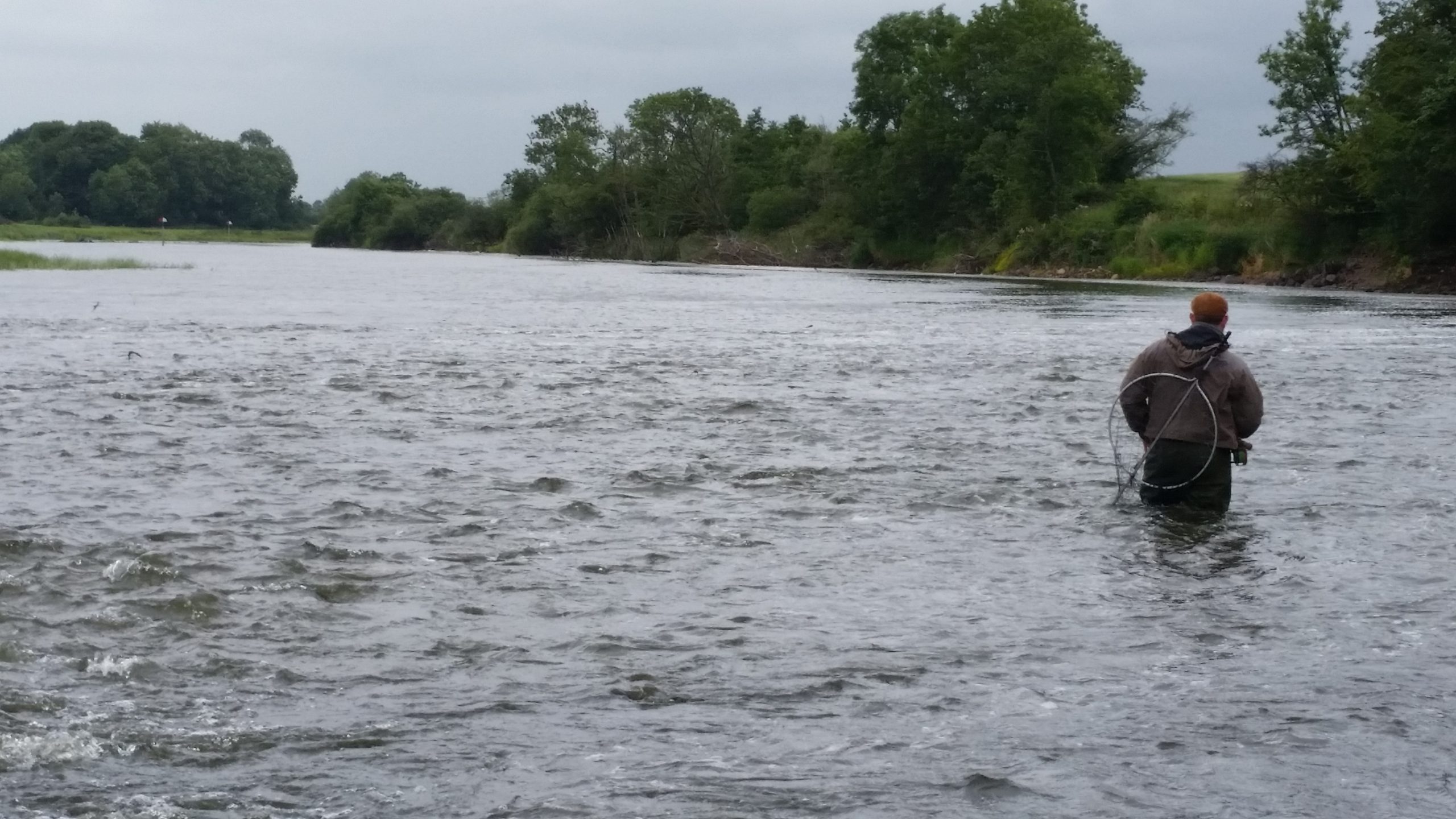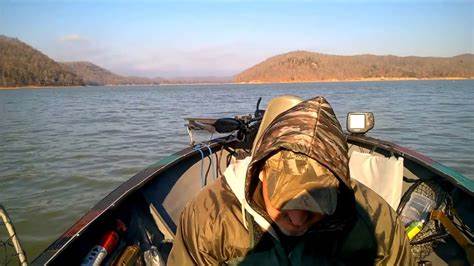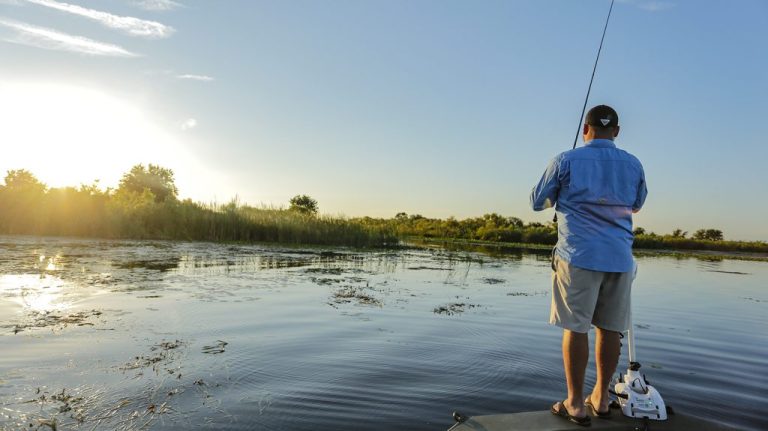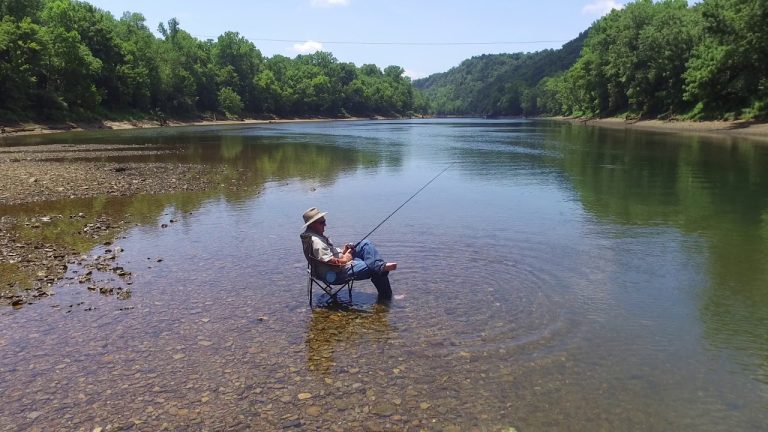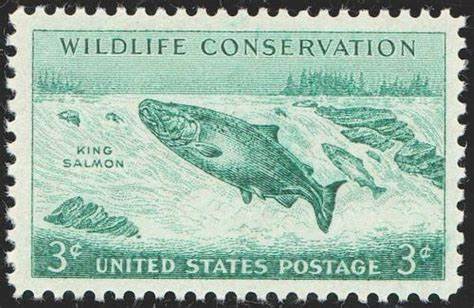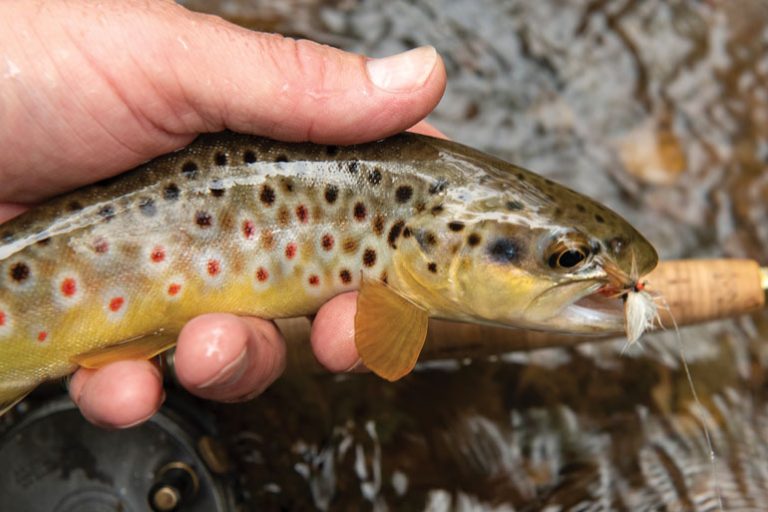Michigan, with its abundant lakes, rivers, and streams, is a paradise for anglers. However, before you cast your line, it’s crucial to understand the state’s fishing license requirements and regulations. Failing to comply can lead to severe consequences, including hefty fines and even jail time. This comprehensive guide will help you navigate Michigan’s fishing license system, avoid common violations, and ensure a safe, legal, and enjoyable fishing experience.
Why Fishing Licenses Matter in Michigan
Fishing licenses are not just a legal requirement; they play a vital role in conservation, regulation, and funding of Michigan’s fisheries:
- Conservation: License fees support essential programs such as fish stocking, habitat restoration, and research, ensuring the long-term health and diversity of Michigan’s waters.
- Regulation: By requiring licenses, the Michigan Department of Natural Resources (DNR) can effectively manage angler numbers and promote sustainable fishing practices, preventing overfishing and protecting vulnerable species.
- Funding: Revenue generated from fishing licenses directly funds conservation officers who enforce regulations and protect Michigan’s aquatic resources.
Who Needs a Fishing License in Michigan?
In Michigan, anyone aged 17 or older must possess a valid fishing license to fish in public waters, with a few exceptions:
- Children under 17: Allowed to fish without a license but must adhere to all fishing rules and regulations.
- Active-duty military residents: Exempt from licensing requirements with proof of military status.
- Legally blind residents: Eligible for a discounted senior fishing license at $11.
Note: All anglers, regardless of age or license status, must comply with Michigan’s fishing regulations, including seasons, catch limits, and size restrictions.
Types of Fishing Licenses in Michigan
Michigan offers a variety of fishing licenses to cater to different angling needs and preferences:
| License Type | Resident | Non-Resident |
|---|---|---|
| Annual All-Species | $26 | $76 |
| Senior Annual All-Species (65+) | $11 | N/A |
| Daily All-Species | $10 | $10 |
| 72-Hour All-Species | N/A | $30 |
| Hunting & Fishing Combo (Annual) | $76 | $266 |
Note: Prices are accurate as of 2025 and are subject to change. Additional licenses may be required for specific species or activities, such as salmon/trout, sturgeon, or muskellunge harvest. Check the current Michigan Fishing Guide for details.
How to Obtain a Michigan Fishing License
Purchasing a fishing license in Michigan is a straightforward process, with several convenient options:
- Online: Visit the Michigan DNR E-License website to buy your license and print it out or download a PDF to your mobile device.
- Mobile App: Download the “Michigan DNR Hunt Fish” app for iOS or Android to purchase and store licenses directly on your smartphone.
- In-Person: Stop by a local DNR Customer Service Center or any of the 1,400+ authorized license retailers across the state, including Walmart, Meijer, Dick’s Sporting Goods, and many bait and tackle shops.
To complete your purchase, you’ll need to provide identification and proof of residency for resident licenses. Consider enabling auto-renewal for future licenses to avoid any lapse in your fishing privileges.
2025 Michigan Fishing Regulations Updates
As an angler, it’s essential to stay informed about the latest changes to Michigan’s fishing regulations. Here are some notable updates for the 2025 season:
Inland Fishing Guide License
Effective March 1, 2025, fishing guides operating on inland waters (excluding the Great Lakes and connecting waters) are required to obtain a 3-year inland fishing guide license and submit monthly catch reports to the DNR. This new regulation aims to enhance fisheries management and conservation efforts.
Stream Trout Limits
On select Type 3 and 4 streams, such as the Betsy, Pere Marquette, Manistee, Muskegon, Prairie, and Rogue rivers, the daily possession limit for rainbow trout over 20 inches has been reduced from 2 to 1 fish to protect larger trout populations.
Great Lakes Trout & Splake Limits
The daily possession limit for lake trout and splake has been combined for the Great Lakes and connecting waters, ranging from 2 to 5 fish in total, depending on the location. In northern Lake Huron, the limit has increased from 2 to 3 fish.
Remember to always review the current Michigan Fishing Guide for the most up-to-date information on seasons, possession limits, size restrictions, and stream designations before heading out on the water.
Important 2025 Michigan Fishing Season Dates
| Species | Season Start Date | Season End Date |
|---|---|---|
| Statewide Trout | Last Saturday in April | Varies by location |
| Lower Peninsula Walleye, Pike, Muskellunge | Last Saturday in April | Varies by location |
| Upper Peninsula Walleye, Pike, Muskellunge | May 15 | Varies by location |
| Catch-and-Immediate-Release Bass | Open all year | N/A |
| Largemouth/Smallmouth Bass Possession | Typically late May | December 31 |
Note: Certain waters may have spawning closures or other restrictions. Always check the current regulations for the specific body of water you plan to fish.
Common Fishing License Violations and Penalties
To avoid running afoul of the law, it’s crucial to understand common fishing license violations and their consequences:
- Fishing without a license: Ensure you have a valid license before casting your line. Fines range from $50 to $250, plus court costs.
- Using someone else’s license: Each angler must have their own license. Lending or borrowing a license is illegal and carries similar penalties to fishing without a license.
- Failing to display a license: Always carry your license and present it to a conservation officer upon request. Failure to do so may result in fines.
- Violating size or catch limits: Adhere to the daily possession limits and size restrictions for each species. Penalties may include fines, license suspension, and even jail time for repeat offenders.
- Fishing in closed waters: Respect seasonal closures and avoid fishing in restricted areas. Fines for this violation can range from $250 to $500.
In addition to fines, violators may face license suspension, seizure of fishing equipment, and restitution payments for illegally harvested fish. Repeat offenders may even face jail time.
How Michigan DNR Conservation Officers Enforce Fishing Laws
Michigan’s conservation officers employ various methods to ensure compliance with fishing regulations:
- Patrols: Officers regularly monitor lakes, rivers, and streams to check for valid licenses and compliance with regulations.
- Checkpoints: During peak fishing seasons, officers may set up checkpoints to inspect licenses and catch.
- Undercover operations: Plain-clothed officers may pose as anglers to catch violators in the act.
- Surveillance: High-tech tools like binoculars, cameras, and drones assist officers in detecting illegal activities.
- Public reporting: The Report All Poaching (RAP) hotline (800-292-7800) allows citizens to report suspected violations 24/7.
Tips for a Successful and Compliant Fishing Trip
To ensure a safe, enjoyable, and violation-free fishing experience in Michigan, follow these essential tips:
- Obtain the proper license: Purchase the appropriate license for your age, residency status, and intended fishing activities.
- Know before you go: Review the current Michigan Fishing Guide and any local regulations for your target waters.
- Carry your license: Always keep your fishing license on your person and be prepared to present it to a conservation officer if requested.
- Respect seasons and closures: Avoid fishing in closed waters or during restricted seasons to protect vulnerable fish populations.
- Use legal gear: Familiarize yourself with the approved fishing methods and gear restrictions for your target species and waters.
- Keep count: Accurately track the number and size of fish you keep to ensure compliance with daily possession limits.
- Practice catch and release: Consider releasing fish you don’t plan to eat to help maintain healthy fish populations.
- Report violations: If you witness suspected illegal fishing activities, report them to the RAP hotline to help protect Michigan’s aquatic resources.
Conclusion
Fishing in Michigan offers unparalleled opportunities for anglers of all skill levels, but it’s essential to play by the rules. By understanding fishing license requirements, staying informed about regulations, and following best practices, you can avoid costly violations and contribute to the conservation of Michigan’s world-class fisheries. Remember, responsible angling today helps preserve our fishing heritage for generations to come. So get out there, have fun, and fish legally!
For the most current information on Michigan fishing licenses and regulations, visit the official Michigan DNR website.
What happens if I accidentally fish without a license?
Even if it’s unintentional, fishing without a license is still a violation. If caught, you may face fines or other penalties. It’s best to double-check that your license is valid before fishing to avoid any issues.
Can I lose my fishing license for violations in other states?
Yes, Michigan participates in the Interstate Wildlife Violator Compact, which means fishing violations in other member states can affect your privileges in Michigan. It’s important to follow regulations wherever you fish.
What should I do if I witness a fishing violation?
If you see someone violating fishing laws, do not confront them directly. Instead, note the location, time, and any identifying details, and report it to the DNR’s RAP hotline at 1-800-292-7800.
Can I get a fishing license if I have a previous violation?
It depends on the nature and severity of the violation. Minor offenses may not affect your ability to get a license, but serious or repeated violations can result in a suspension or permanent revocation of your privileges.
How can I check if my fishing privileges are suspended?
You can check the status of your fishing privileges by contacting the DNR’s Law Enforcement Division at 517-284-6000 or visiting a DNR customer service center.



